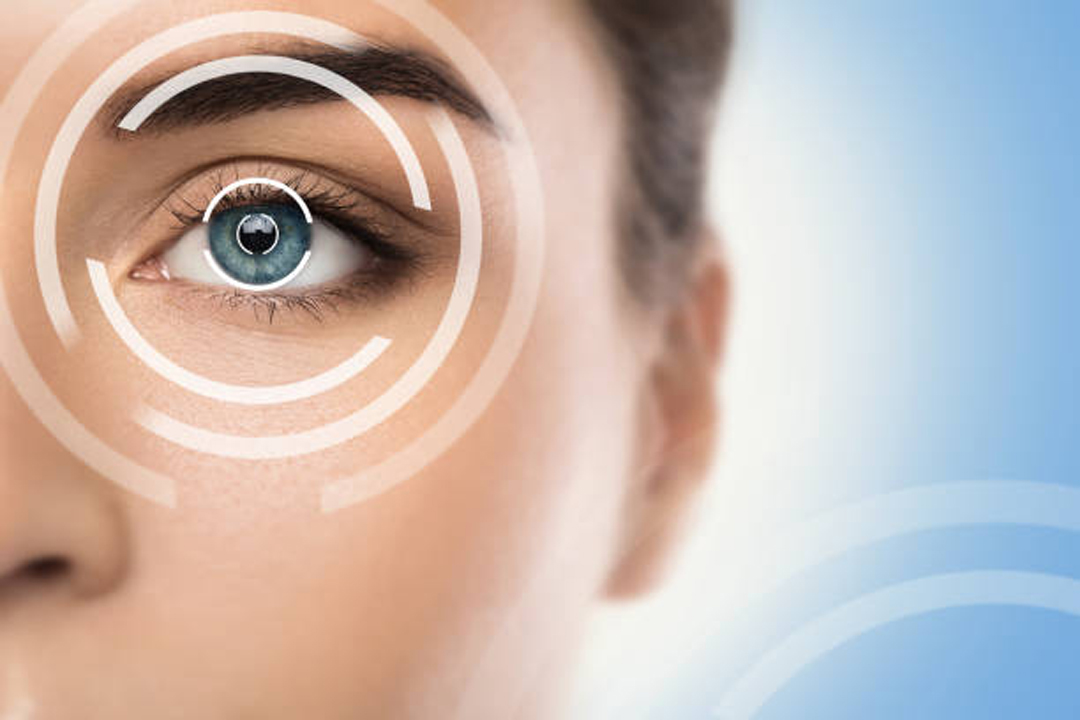
Your eyes are the windows to the world, offering unique insights that no other sense can provide. Regular eye exams are crucial for maintaining vision and overall health. They help detect early signs of glaucoma and macular degeneration, prevent infections, identify systemic diseases such as diabetes, and protect against damage from cataracts or astigmatism.
Eye exams also ensure accurate prescriptions for contact lenses or glasses. If you value your eyesight, make regular eye exams part of your preventive health strategy. Gibran Khurshid explains more about the importance of scheduled eye exams.
An Overview Of Eye Exams And What They Include
An eye exam isn’t just reading letters off a chart; it’s a comprehensive assessment of your eyes’ health and visual abilities. The exam includes various tests, such as measuring visual acuity, checking for eye diseases, and evaluating the muscles that control your eye movements.
Your eye doctor will also examine the inside of your eyes using special equipment to view the retina (the light-sensitive tissue at the back of your eye). Don’t wait until you’re having trouble seeing to schedule an eye exam. Regular eye exams can help identify and treat eye conditions before they become serious.
The Benefits Of Regular Eye Exams
Keeping your eyes in healthy condition should always be a priority, Dr. Gibran Khurshid says, and that’s why making regular eye exams part of your health regimen is essential. Not only do these exams allow for early detection of any serious eye conditions such as glaucoma, cataracts, and macular degeneration, but they can also identify other health issues such as high blood pressure or diabetes.
Regular eye checks also ensure that any visual impairments are corrected, which can significantly improve your daily life. Remember, caring for your eyes is critical for maintaining a good quality of life and preventing potential eye diseases or complications.
Common Questions About Eye Exams
Regular eye exams are important for maintaining good eye health. For those under 40 with no underlying eye conditions, it is recommended to have an exam every two years. However, those over 40 should have an annual exam to monitor vision changes and potential eye diseases.
During the exam, the optometrist or ophthalmologist will use various techniques to check for vision changes, eye infections, and other conditions. The cost of an eye exam varies, but many insurance plans cover it. Overall, an eye exam is essential for maintaining your eye health.
How To Find A Qualified Optometrist Or Ophthalmologist
Caring for your eyes is crucial, and finding a qualified eye doctor is the first step in ensuring good eye health. With many options available, it can be overwhelming to find the right doctor who meets your needs. Start by asking for recommendations from family, friends, or your primary care doctor.
You can also check professional organizations like the American Academy of Ophthalmology or the American Optometric Association to find a licensed eye physician. Research the doctor’s credentials, education, and experience before making an appointment. These steps will help you find a skilled and trustworthy eye care provider to preserve your vision.
Tips For Staying On Top Of Your Vision Health
Your eyesight is priceless, so it’s important to take proper care of your vision health. By adhering to a few simple tips, you can keep your eyes in tip-top shape and maintain optimal visual acuity.
One key aspect of preserving your eye health is to schedule regular eye exams with a qualified ophthalmologist or optometrist. This allows your eye doctor to detect any issues early on and prescribe the appropriate treatment. Another helpful tip is to protect your eyes from harmful UV rays by wearing sunglasses or hats when exposed to bright sunlight.
Additionally, it’s crucial to practice good eye hygiene habits, such as washing your hands before touching your eyes and avoiding rubbing your eyes excessively. By implementing these strategies and actively participating in your vision health, you can look forward to a lifetime of clear and healthy eyesight.
How To Fit Regular Eye Exams Into Your Schedule
It can be too easy to overlook certain aspects of self-care. One often overlooked area is eye health, specifically scheduling regular eye exams.
However, it is important to make the time for such appointments, as early detection of eye problems can save your vision in the long run. One tip is to schedule appointments as far in advance as possible, allowing you to plan ahead.
Alternatively, consider opting for an eye exam during your lunch break or on a weekend when you have more flexibility. Whatever your solution, prioritizing eye health by fitting regular exams into your schedule is a smart step for your overall well-being.
Final Thoughts
Regular eye exams are an essential part of maintaining vision health and should be prioritized accordingly. Whether you need a check-up for a new prescription or haven’t had your eyes checked in years, now is the time to start making annual exams a priority.
Take these tips into consideration when preparing for your next exam, and trust that you’ll be one step closer to improving your vision health.

